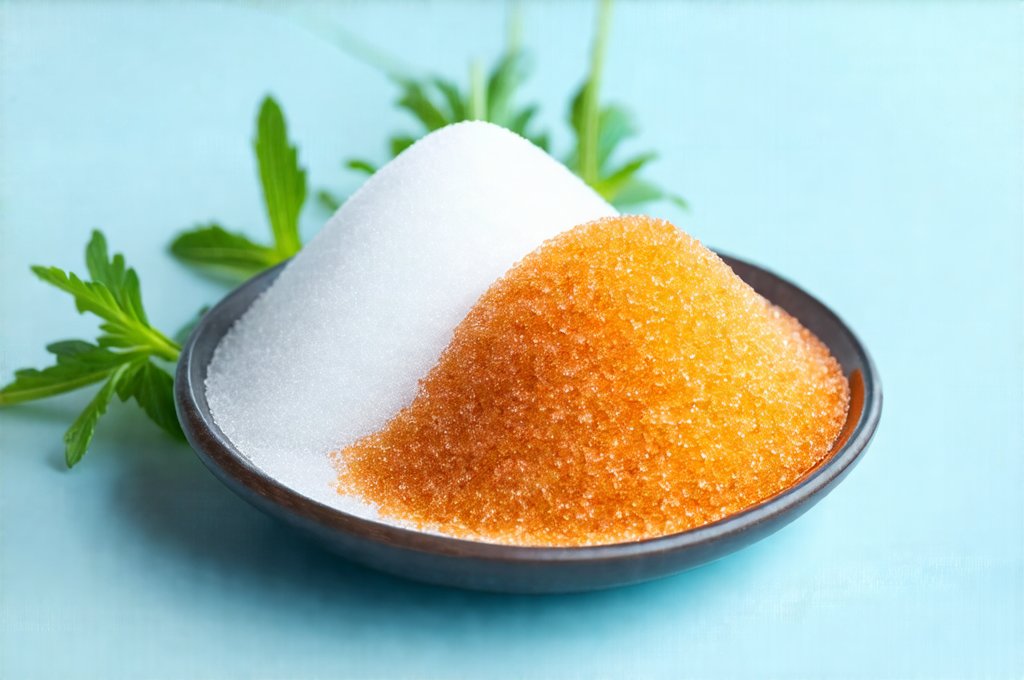Urinary inflammation, often manifesting as discomfort, urgency, or even pain during urination, is a surprisingly common issue affecting people of all ages. While acute infections are frequently addressed with antibiotics, chronic or recurring urinary inflammation can be significantly more complex to manage and often stems from multifaceted causes beyond simple bacterial infection. A critical – yet often overlooked – factor contributing to this persistent inflammation is dietary intake, specifically the high consumption of sugars and processed foods which contribute to systemic inflammation and negatively impact bladder health. This article explores how adjusting one’s diet, particularly reducing sugar intake, can be a powerful tool in decreasing urinary inflammation, fostering better bladder function, and improving overall well-being.
The link between diet and urinary health isn’t always immediately apparent, but it’s deeply rooted in the body’s inflammatory responses. Excessive sugar consumption doesn’t just impact blood glucose levels; it fuels chronic low-grade inflammation throughout the body. This systemic inflammation can directly irritate the bladder lining, exacerbating sensitivity and contributing to symptoms of urgency and frequency. Moreover, a high-sugar diet often leads to imbalances in gut bacteria (dysbiosis), which further amplifies inflammation and compromises immune function – both crucial for maintaining urinary tract health. Understanding this connection allows us to move beyond solely treating symptoms and address the underlying dietary factors driving the problem, paving the way for long-term relief and improved quality of life.
Dietary Adjustments for Reduced Urinary Inflammation
The cornerstone of a low-sugar diet aimed at reducing urinary inflammation is minimizing added sugars found in processed foods, sugary drinks, and even seemingly healthy options like flavored yogurts or fruit juices. This isn’t necessarily about eliminating all carbohydrates – complex carbohydrates from whole grains, vegetables, and fruits (in moderation) are essential for energy and fiber intake. It’s the type of carbohydrate that matters most. Prioritizing foods with a low glycemic index (GI) helps prevent rapid spikes in blood sugar levels, thereby reducing systemic inflammation. This includes swapping refined grains for whole grains, choosing water over sugary beverages, and opting for fresh fruits instead of processed fruit snacks. Considering how to use fruit in a balanced diet is crucial.
Beyond simply cutting out sugars, increasing the intake of anti-inflammatory foods is equally important. Foods rich in omega-3 fatty acids (like salmon, flaxseeds, and walnuts), antioxidants (found abundantly in berries, leafy greens, and colorful vegetables), and probiotics (present in fermented foods like yogurt and kefir) can actively combat inflammation and support a healthy gut microbiome. A diet that emphasizes whole, unprocessed foods provides the building blocks for optimal immune function and bladder health. Furthermore, adequate hydration is crucial; water helps flush out toxins and keeps the urinary tract clear, reducing irritation and supporting overall kidney and bladder function. Home infusions can also play a role in reducing inflammation.
Understanding Glycemic Index (GI) and Load (GL)
The glycemic index (GI) measures how quickly a food causes blood sugar levels to rise. Foods with a high GI are digested rapidly, leading to a quick spike in glucose. Conversely, low-GI foods are digested more slowly, resulting in a gradual increase in blood sugar. However, GI doesn’t tell the whole story; it doesn’t account for portion size. That’s where glycemic load (GL) comes into play. GL considers both the GI and the amount of carbohydrate in a serving of food, providing a more accurate picture of its impact on blood sugar levels.
- Low GL: Below 10
- Medium GL: 11–19
- High GL: 20 or more
Choosing foods with low GI and GL values helps maintain stable blood sugar levels, reducing inflammation and supporting urinary tract health. For example, a slice of white bread has a high GI and GL, while a serving of lentils has a low GI and GL despite containing carbohydrates. Incorporating these principles into meal planning can significantly impact overall health and reduce the risk of urinary inflammation flare-ups.
The Role of Gut Health in Urinary Tract Wellness
The gut microbiome – the trillions of bacteria residing in our digestive system – plays a surprisingly significant role in urinary tract health. An imbalance in gut bacteria (dysbiosis), often caused by high sugar intake, processed foods, and antibiotic use, can weaken the immune system and increase inflammation throughout the body. A compromised gut barrier also allows harmful toxins to leak into the bloodstream, further exacerbating systemic inflammation that can impact bladder function. Morning routines can help support overall wellness.
- Probiotics: Beneficial bacteria found in fermented foods like yogurt, kefir, sauerkraut, and kimchi help restore balance to the gut microbiome.
- Prebiotics: Types of fiber that feed beneficial gut bacteria; found in foods like onions, garlic, asparagus, and bananas.
- Fiber Rich Foods: Support overall healthy digestion and a thriving gut microbiome
Cultivating a healthy gut through dietary changes – incorporating probiotic-rich foods, prebiotic fibers, and reducing sugar intake – can strengthen the immune system, reduce inflammation, and ultimately contribute to a healthier urinary tract.
Hydration Strategies for Bladder Health
Adequate hydration is paramount for maintaining optimal bladder function and preventing urinary inflammation. Water helps flush out toxins, dilute urine (reducing irritation), and keep the urinary tract clear of bacteria. However, it’s not just about how much water you drink but also what you drink. Sugary drinks, caffeinated beverages, and alcohol can actually irritate the bladder and exacerbate symptoms, so they should be limited or avoided altogether.
- Aim for 8 glasses (64 ounces) of water per day, adjusting based on activity level and climate.
- Herbal teas (like chamomile or ginger) can provide hydration and additional anti-inflammatory benefits.
- Avoid artificial sweeteners, which may also irritate the bladder in some individuals.
- Spread your fluid intake throughout the day rather than drinking large amounts at once.
In conclusion, reducing urinary inflammation is often achievable through targeted dietary adjustments. By minimizing sugar intake, prioritizing anti-inflammatory foods, cultivating a healthy gut microbiome, and staying adequately hydrated, individuals can significantly improve their bladder health and overall well-being. These changes aren’t about strict deprivation; they’re about making conscious choices that support the body’s natural healing processes and foster long-term wellness. Non-medical causes of urinary issues are often diet related, so mindful consumption is key.





















